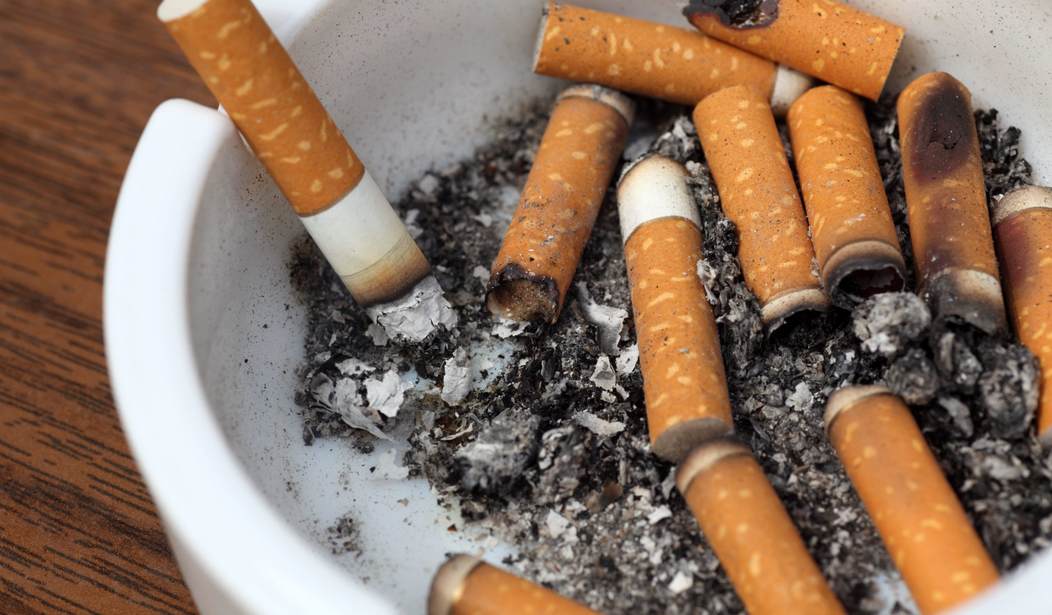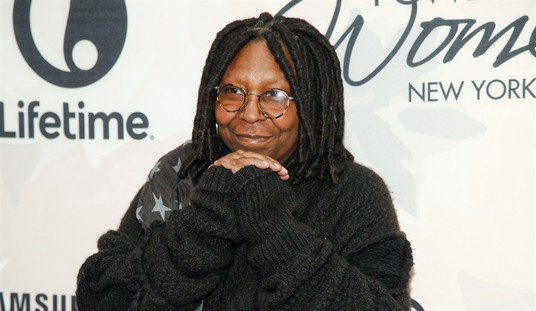West Virginia was faced with a crisis.
The deadline was July 1 for the Legislature and Gov. Earl Ray Tomblin to agree on a budget for the coming fiscal year. Without that, Gov. Tomblin’s office was reported to be considering the declaration of a state of emergency. And without the approval of a 65-cent increase in the state’s tobacco tax, the chance of reaching agreement on a budget seemed bleak.
Because of falling coal revenues, West Virginia was faced with a $270 million budget deficit. Democrats were hoping to fill at least half of that shortfall with a higher tobacco tax and use $70 million from the state’s rainy day fund to cover part of the remaining deficit.
Beyond the need to widen the state’s tax revenue stream, the American Cancer Society Action Network had been campaigning for the higher tax with the “Bring a Wealth of Health to West Virginia” campaign for health reasons.
The American Cancer Society said West Virginia had the highest smoking rate in the nation and the second-highest death rate from tobacco in America.
The Campaign for Tobacco-Free Kids estimated more than 27 percent, or 17,000, of high school students are smoking cigarettes in West Virginia. They buy 3.6 million packs of cigarettes each year.
Then there are the adults in West Virginia. The Campaign for Tobacco-Free Kids report showed 26.7 percent of the grown-ups in the state were regular smokers. That’s another 392,500 who are buying cigarettes every day.
Jennie Farmer of the Tobacco Prevention Network of Mercer County told WVVA-TV the tax increase should convince some of those people to stop smoking.
“It is easy to find 25 cents here, 50 cents there to come up with two extra quarters, but to come up with a whole dollar is a little bit more challenging,” she said.
That’s just what the people who own stores where hundreds of thousands of people line up to buy cigarettes don’t want to hear.
They also bristle at the notion the state is going to balance its budget on the backs of their profit-and-loss statements.
“All the customers, they have been telling us when the tax rise we have to go to Virginia to get the cheaper cigarettes,” said Ali Alhafashi, who has owned the Arrowhead Deli in West Virginia for eight years.
He said the new tax hike on tobacco may put him out of business, and he is already considering relocating somewhere in Virginia to keep his business alive, where the cigarette tax per pack is only 30 cents as of April 2016, the lowest anywhere in America.
Why not move? That’s where his customers are going to be going, or at least buying bootleg cigarettes brought in by enterprising smokers.
“Tax rise affect every convenience store like my place. We will see in the future what happens. We have to move to Virginia or somewhere because we can’t make it. We can’t make it right now because the raise in cigarettes and the gas, you know,” said Alhafashi. “And I don’t know about the future when they raise to 65 cents.”
The Charleston Gazette-Mail reported the acrimonious debate over raising the price of a pack of smokes twice before resulted in an alliance between state House Democrats and their tax-resistant Tea Party Republicans — how crazy is that? — to defeat both tries at writing the tobacco tax hike into the FY2017 budget.
House Delegate Patrick Lane (R) threatened Gov. Tomblin over whether he was so “irresponsible” as to veto the budget with a legislative override of the veto.
The third time was the charm.
The House of Delegates approved raising the tobacco tax. The tax on cigarettes will go from 55 cents a pack to $1.20. That should mean an extra $100 million a year in tax revenue for West Virginia.
“I appreciate the work of all those involved in passing a budget that addresses the state’s finances in a responsible manner during difficult times, particularly the bipartisan support that led to the passage of my proposed 65-cent cigarette tax,” Gov. Tomblin said in a statement. “This revenue will help address issues with not only the Fiscal Year 2017 budget but projected deficits in future years.”
To win Republican votes, Tomblin added $15 million in state funding to the Public Employees Insurance Agency, which should reduce premium increases for retirees from 12 percent to 6 percent.
House Minority Leader Tim Miley (D) told the West Virginia Metro News Network the deal was a classic political compromise.
“It’s OK to have philosophical differences. It’s OK to advocate for or against certain positions, but at some point, we need to get done what we can get done…done,” Miley said.
But Del. Mike Folk (R) said it was nothing but a classic case of “Washington coming to West Virginia.”
“This is nothing more than bipartisan legal plunder,” Folk said, “so we can keep the growth of this state government continuing to get bigger and bigger as our population gets smaller and smaller.”









Join the conversation as a VIP Member